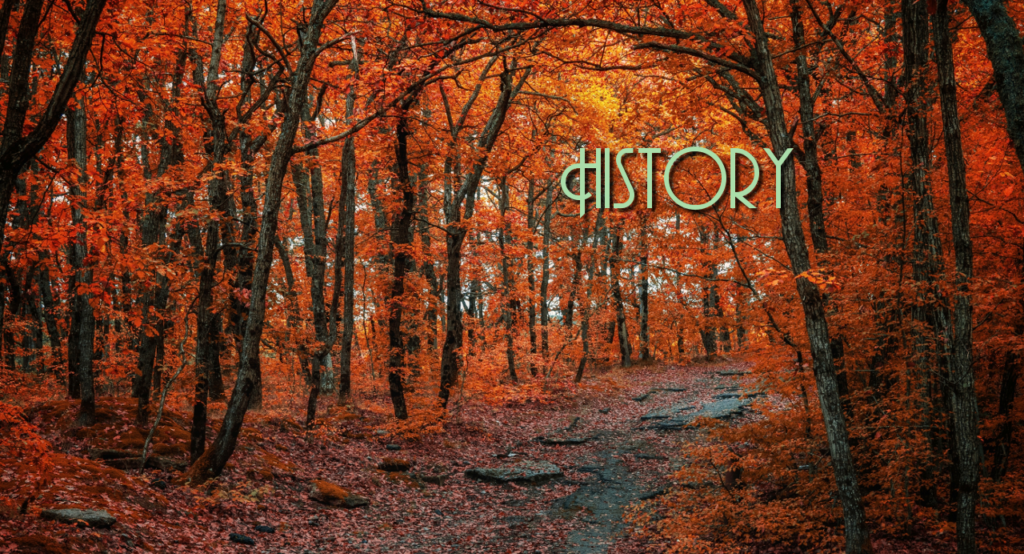 Born December 28, 1934 in Essex, England, Maggie Smith made her stage debut in 1952, her TV debut in 1955 and her screen debut in 1958. She was the recipient of seven BAFTAs, two Oscars, two Golden Globes, four Emmys and a Tony. She was made a Dame of the British Empire in 1990.
Born December 28, 1934 in Essex, England, Maggie Smith made her stage debut in 1952, her TV debut in 1955 and her screen debut in 1958. She was the recipient of seven BAFTAs, two Oscars, two Golden Globes, four Emmys and a Tony. She was made a Dame of the British Empire in 1990.
Although she started out as a Shakespearean actress, New York theatergoers first came to know her through the musical farce, New Faces of 1956. Transitioning quickly into films, she won her first BAFTA nomination as Best Newcomer for her film debut in 1958’s Nowhere to Go, losing to Paul Massie in Orders to Kill. It would be the first of eighteen nominations.
Her screen career, though, didn’t really start to kick in until 1963’s The V.I.P.s, which she, along with Margaret Rutherford, stole from reigning box-office stars Elizabeth Taylor and Richard Burton. Outstanding performances in two 1965 films brought her further acclaim, winning her the first of her six Oscar nominations for Othello and her second BAFTA nomination for Young Cassidy.
She won both her first Oscar and first BAFTA for 1969’s The Prime of Miss Jean Brodie and additional accolades for that year’s Oh! What a Lovely War. Katharine Hepburn’s loss was her gain when George Cukor chose her to replace Hepburn in 1972’s Travels with My Aunt, for which she received a third Oscar nomination. Her third BAFTA nomination would have to wait another six years for 1978’s Death on the Nile. That same year, she won her second Oscar for playing an Oscar-losing actress in California Suite. Another BAFTA nomination would come when that film was released in the U.K. the following year.
Her 1980s work was more appreciated in the U.K., than the U.S., where she was awarded three BAFTAs for A Private Function, A Room with a View and The Lonely Passion of Judith Hearne. Oscar recognized her only with a nomination for A Room with a View.
Oscar overlooked her completely in the 1990s, but BAFTA nominated her for 1993’s The Secret Garden and awarded her for 1999’s Tea with Mussolini. They also nominated her for her 1999 TV portrayal of Aunt Betsy Trotwood in David Copperfield opposite her future Harry Potter co-star, Daniel Radcliffe in the title role.
In the first decade of the new millennium. she became known to a whole new generation as Professor Minevera McGonagall in the Harry Potter series. She also received Oscar and BAFTA nominations for 2001’s Gosford Park and Emmys for 2003’s My House in Umbria and 2007’s Capturing Mary.
2011 brought her eighth and final Harry Potter film, Harry Potter and the Deathly Hollows, Part 22011 and the debut of the British TV series, Downton Abbey. The following year she starred in The Best Exotic Marigold Hotel.
Downton Abbey brought her the greatest fame of her career, earning her Emmy nominations in 2011, 2012, 2013, 2014, and 2016, and wins in 2011, 2012, and 2016. She later starred in two films that followed the series in 2019 and 2022.
Othe late career films included 2014’s My Old Lady, 2015’s The Second Best Exotic Marigold Hotel and Lady in the Van, 2018’s Tea with the Dames, and 2023’s The Miracle Club.
Dame Maggie died September 27. 2044 at 89.
ESSENTIAL FILMS
THE PRIME OF MISS JEAN BRODIE (1969), directed by Ronald Neame
From Robert Donat’s Goodbye, Mr. Chips to Sidney Poitier’s To Sir, with Love, the movies held beloved schoolteachers on a pedestal. That was before Maggie Smith’s self-deluded, narcissistic fascist Scottish girls’ school prima donna came along. She may have believed in art and beauty, but she was a danger to the impressionable twelve-year-olds whose minds she seeks to mold to her own way of thinking. Her character may be hateful, but her performance was brilliant, so sharply nuanced that for a good deal of the film you’re not quite sure whether she’s a heroine or a villainess. Hers was one of the greatest Oscar winning performances of al time.
A ROOM WITH A VIEW (1986), directed by James Ivory
Ivory’s beautifully realized film of E.M. Forster’s 1908 novel rekindled interest in the filming of literary masterpieces once thought to be too moth bitten to be filmed. Helena Bonham Carter, Julian Sands, Daniel Day-Lewis and Rupert Graves all became stars, Denholm Elliott, Simon Callow and Judi Dench became bigger ones and Maggie Smith had another career milestone as the disapproving chaperon who comes to see the light and sets the young lovers on the road to living happily ever after.
THE LONELY PASSION OF JUDITH HEARNE (1987), directed by Jack Clayton
Brian Moore’s devastating 1955 novel about a lonely Irish spinster was a literary masterpiece. Under Clayton’s astute direction, it became yet another career highlight for the only actress who could have done it justice. Plagued by Catholic guilt, crushed by a life spent under the heel of a domineering aunt and the diminished expectations for the remainder of her life, the struggling piano teacher threw herself at an uninterested Bob Hoskins as her new landlady’s brother with soul-crushing results. Smith has never been better, and that’s saying something.
GOSFORD PARK (2001), directed by Robert Altman
Delving fully into her first major old lady role, Smith played the kind of sharp-tongued, prissy, but lovable character that would have been played by Edna May Oliver in the thirties or Dame Edith Evans in the sixties. Altman’s comedy-mystery is set in a palatial British estate in 1932 in which the lives of the upstairs family and guests are contrasted with the downstairs help. Once again, even in an all-star cast in which she is but one of many players, Smith is a standout, playing a part she could probably do in her sleep.
DOWNTON ABBEY (2011-2022), created by Julian Fellowes
Playing a variation on her character in Gosford Park written by the creator of the series, Smith was in her glory as Violet Crawley, Dowager Countess of Grantham, a character she played for 52 episodes between 2011 and 2016 and for another two films in 2019 and 2022, receiving five Emmy nominations and three wins along the way. Books have been written about her quotes from the long-running series, the best-remembered of which was probably “what is a weekend?” said in all seriousness. In 2015, when asked what she thought about continuing in the role, she laughed and said, “she must be 110 by now!”
MAGGIE SMITH’S OSCAR NOMINATIONS
Othello (1965) – nominated – Best Supporting Actress
The Prime of Miss Jean Brodie (1969) – Oscar – Best Actress
Travels With My Aunt (1972) – nominated – Best Actress
California Suite (1978) – Oscar – Best Supporting Actress
A Room with a View (1986) – nominated – Best Supporting Actress
Gosford Park (2001) – nominated – Best Supporting Actress













